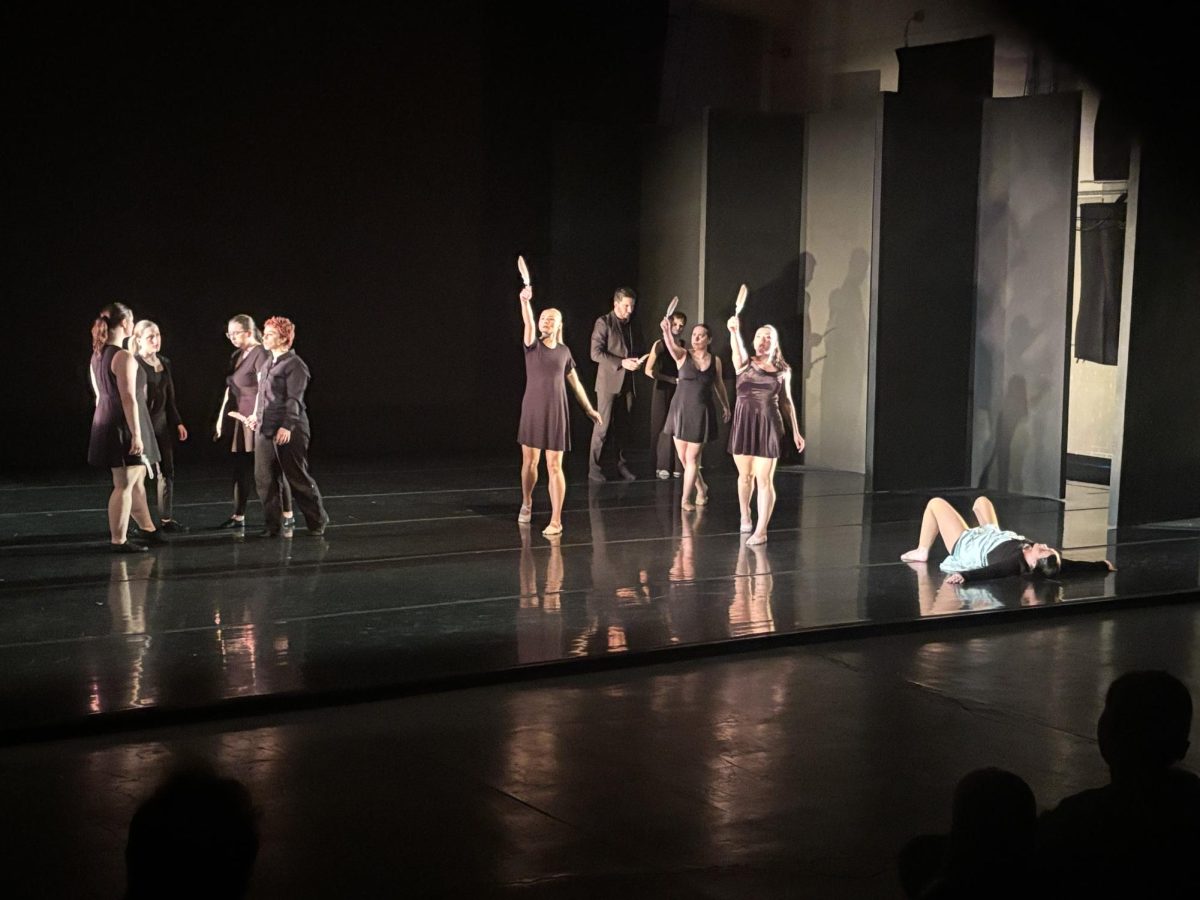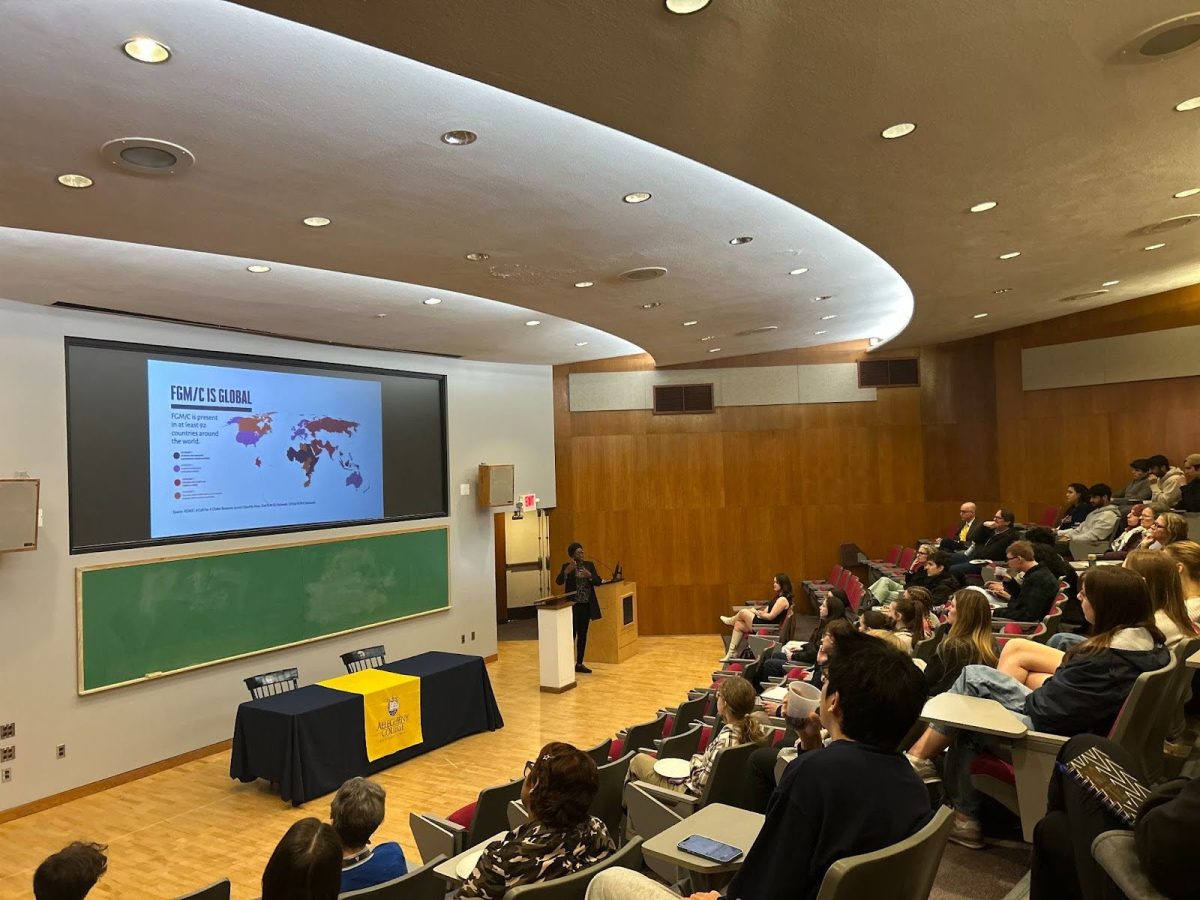By BEN STEWART
stewarb2@allegheny.edu
Most Alleghenians have never had hot tea with Ethiopian and Tibetan men and women or taught Afghan military men how to use a broom.
For current Allegheny sophomore, Emma Dosch, however, these were daily activities—all during the year between high school and college.
As April of Dosch’s senior year approached, she decided to take a year off before entering college. AmeriCorps, a federal agency that offers volunteer opportunities, offered her a financial stipend towards college for volunteering her services for nine months.
October 2008, Dosch set out for Canada’s VIVE La Casa, a shelter for refugees seeking asylum in Canada, which she selected because she could to live with her grandmother and remain close to her hometown of Alfred, N.Y.
Dosch always wanted to travel.
Before her stint at VIVE La Casa, she lived in the Netherlands for a school year as a foreign exchange student.
“It was one of the best choices I have ever made,” said Dosch about her year in the Netherlands. Just because it was worthwhile though, doesn’t mean Dosch fit in. For instance, her classmates shopped and dressed up every day and never wore hoodies. For field hockey practice,
Dosch wore shorts and a t-shirt while every other girl wore matching athletic clothes. Dosch notes that there was an obvious cultural difference that did not quite suit her.
But by the end of her year in the Netherlands, Emma said that she felt “uninvolved” and wished that she had more of a purpose while she was living there.
Her days normally involved school work, running, field hockey, checking in with her host family and Rotary meetings.
A yearning for purpose persuaded Emma to volunteer for VIVE La Casa.
“I wanted to make a sustained commitment that would challenge me more than I had been challenged before,” said Dosch. “I had heard loads of other people’s experiences and about all of the amazing directions I could take myself—other than the typical high school to college.”
Emma’s main job consisted of handling paperwork, helping people practice for their interviews with Canadian immigration officials and assisting in preparing the food and securing the shelter.
When she could, Emma interacted with the refugees, who were people from all over the world that sought family or were fleeing from tribulation within their country.
Some arrived at VIVE La Casa bearing nothing more than a note with an address or a scribble directing them to the organization.
“I better understand the importance of place,” said Dosch. “Place includes the culture, political systems, religions, languages, and so on.
An understanding of place is the only way to approach international issues and conflicts between different places.
Place is important to keep in mind on a global level, but even more important to actively understand and engage on a local level.”






